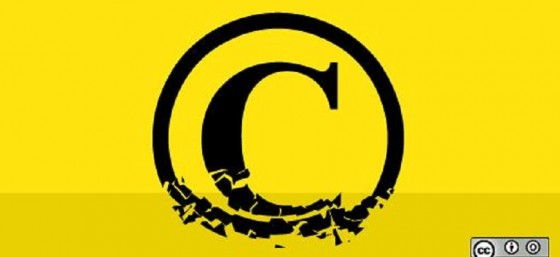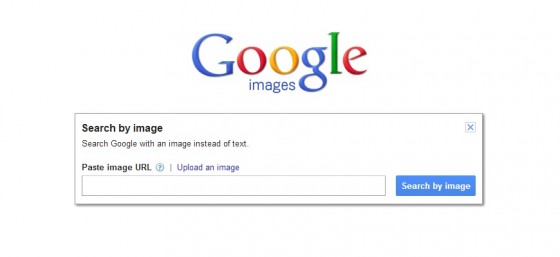
I’m a member of a Facebook group for people to discuss and share instances where other people use their work. Most of the members are nature photographers who do gorgeous work. Most of them have no desire to sue people who steal their work, but they would like to be compensated. And some of them are getting pissed when they find that someone has stolen their work and have started sending bills to people who use their work without permission.
This isn’t a bad idea. I’ve had a friend get a bill in the mail when he used someone’s photograph without permission that he found via Google Images. You can view it here or below.
When someone comes to me and wants to send a bill to anyone they discover is infringing on their copyrights, I suggest they add information to the website where they show their work about licensing terms and fees. This makes it more credible when the artist sends a bill that essentially says that by using a photograph, the infringer has agreed to pay the fee and abide by the license’s terms. As long as the infringer complies, they are no longer committing copyright infringement.
The downside of this strategy is many people will ignore such a bill if they receive one. Then the question for the artist is “What’s next?” Do you sue them? Send a DMCA takedown notice to get the work taken off their site? Call them out publicly for using your work without permission? Do you drop the issue?
My friend who got the bill for using an authorized image earlier this year got a bill from a company with a track record of suing people who don’t pay the bill and winning. In his case, he choices appeared to be pay the bill (or try to negotiate a lower price) or get sued. If you don’t follow up when people don’t pay the bill, it’s kind of like the photo radar tickets. If you get one in the mail, you can deal with it by paying the fine or going to traffic school or avoid service for four months until the court drops the charge.
I’m not one to tell people what they should do, but I advise people to think their plan of action all the way through before selecting a course of action. If you need help deciding what’s the best strategy for protecting your copyrights, please contact a copyright attorney in your community.
For more information about copyright and blogs, please check out my book The Legal Side of Blogging: How Not to get Sued, Fired, Arrested, or Killed.
You can connect with me on Twitter, Google+, Facebook, YouTube, LinkedIn, or you can email me.
Please visit my homepage for more information about Carter Law Firm.





